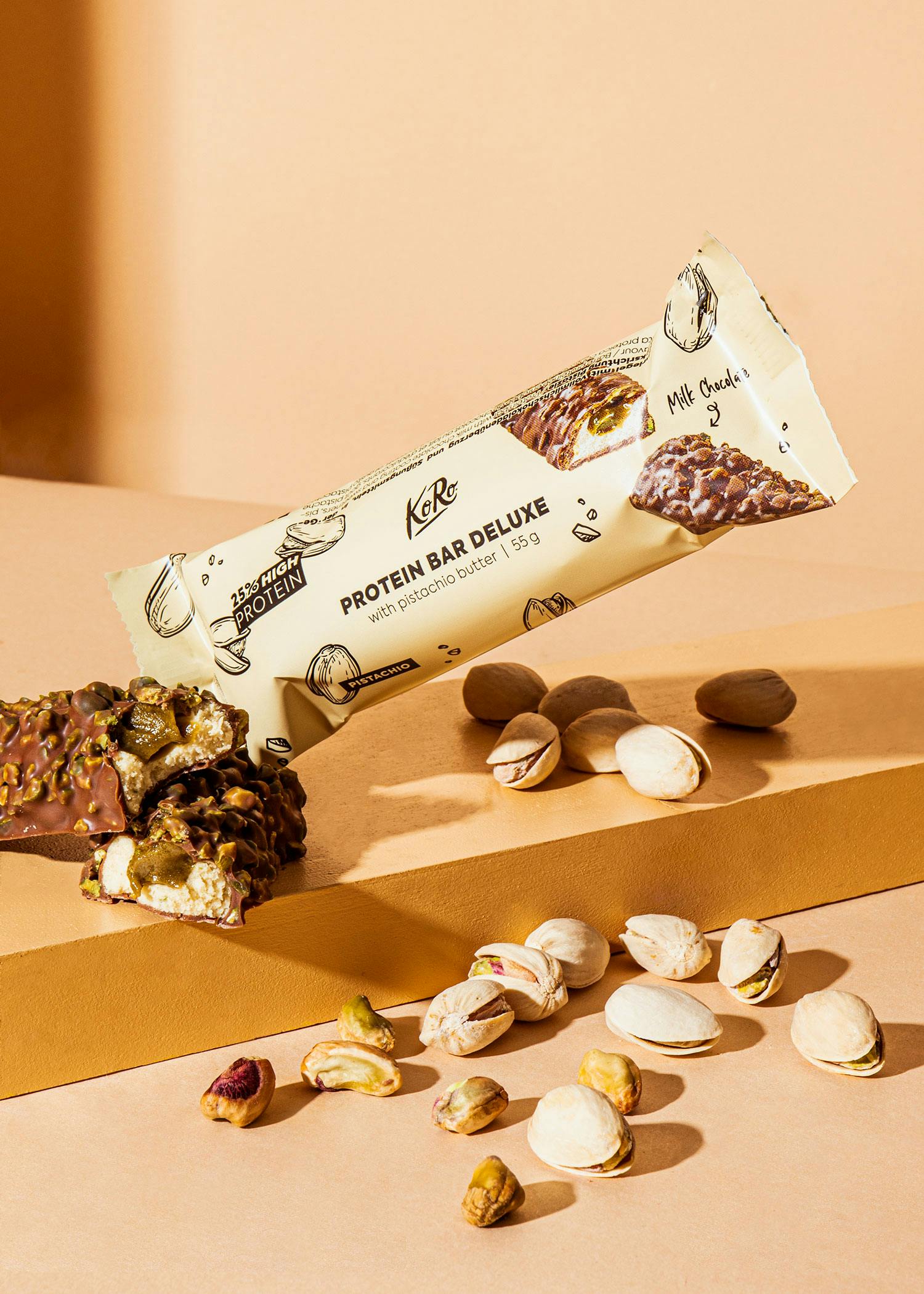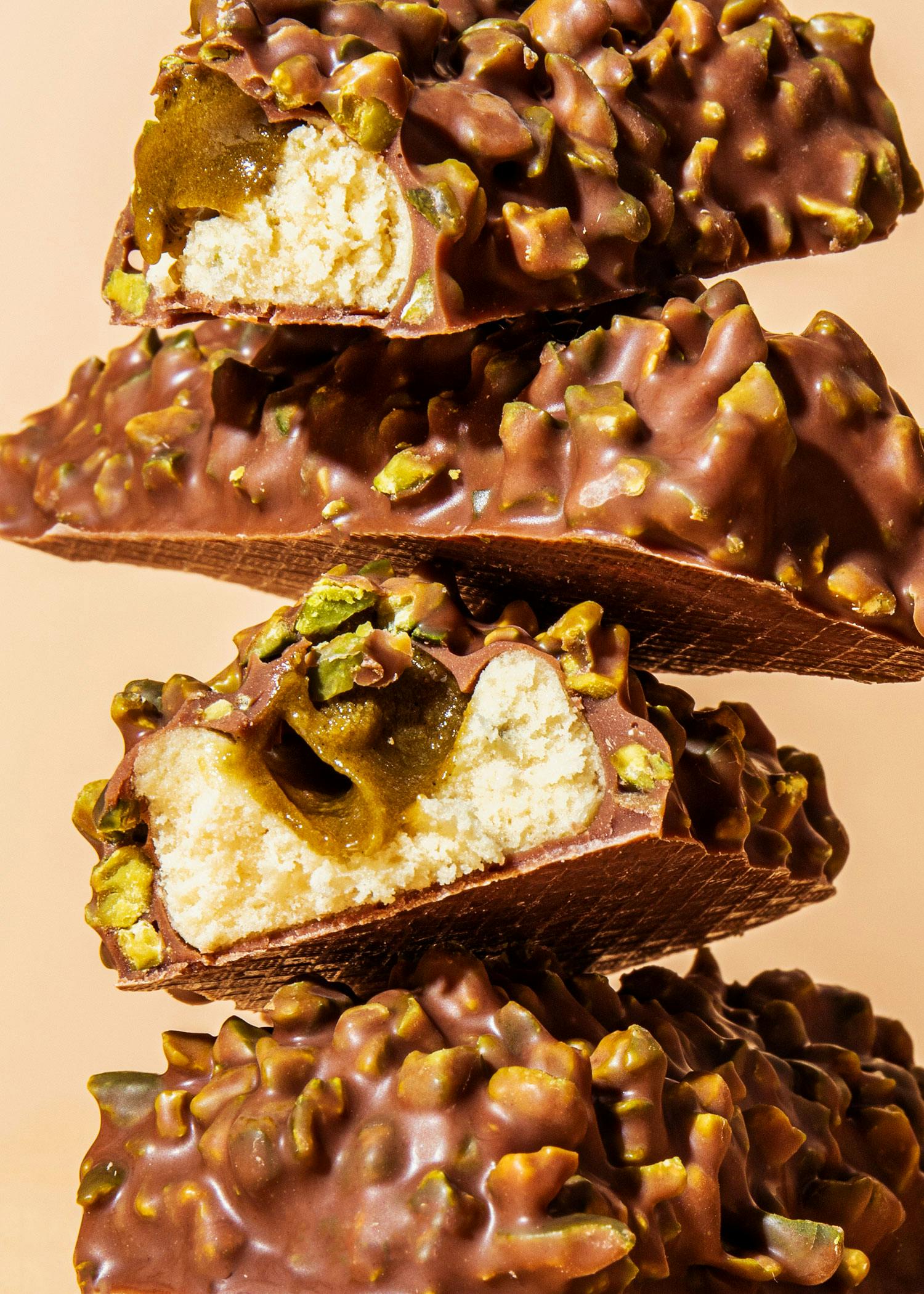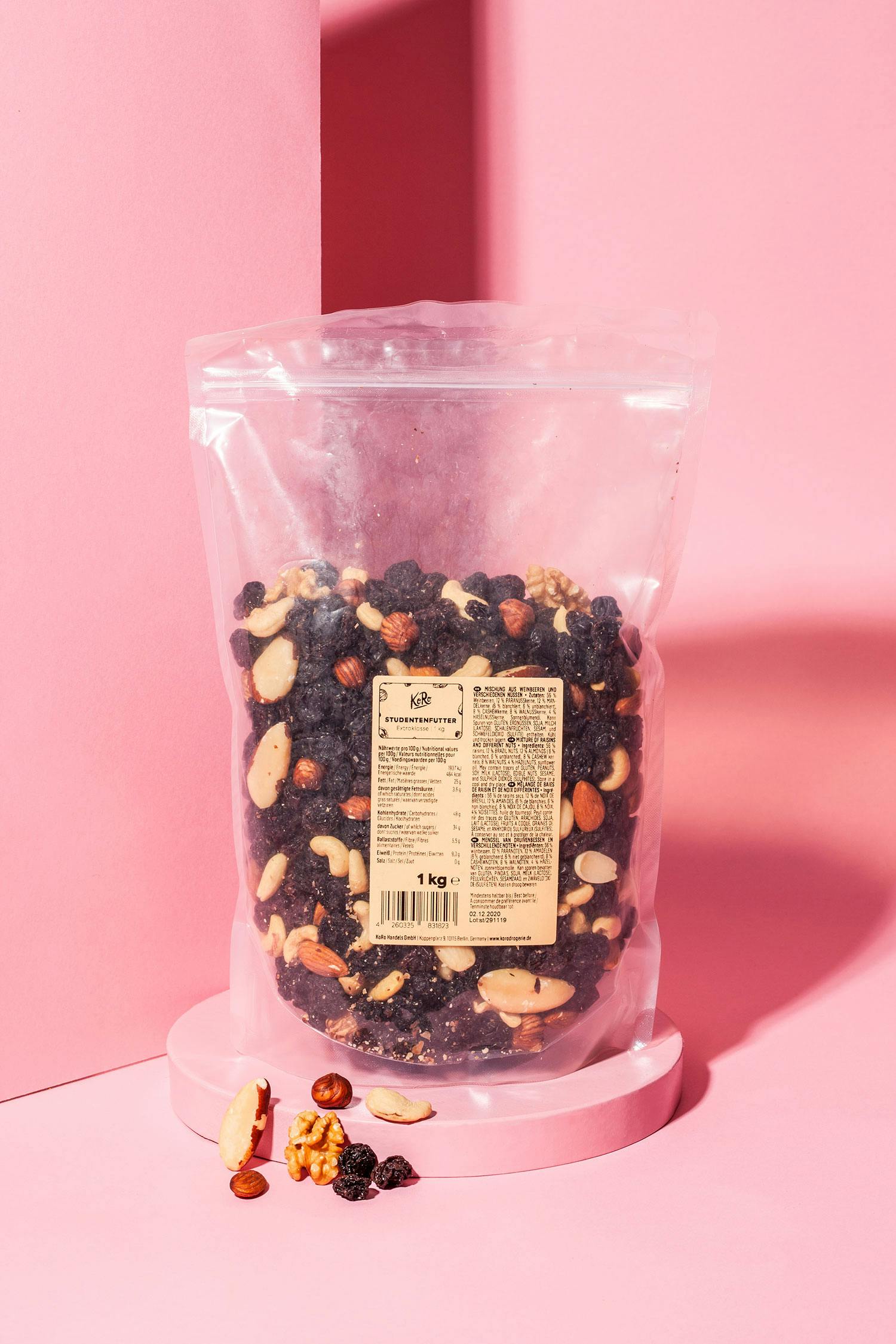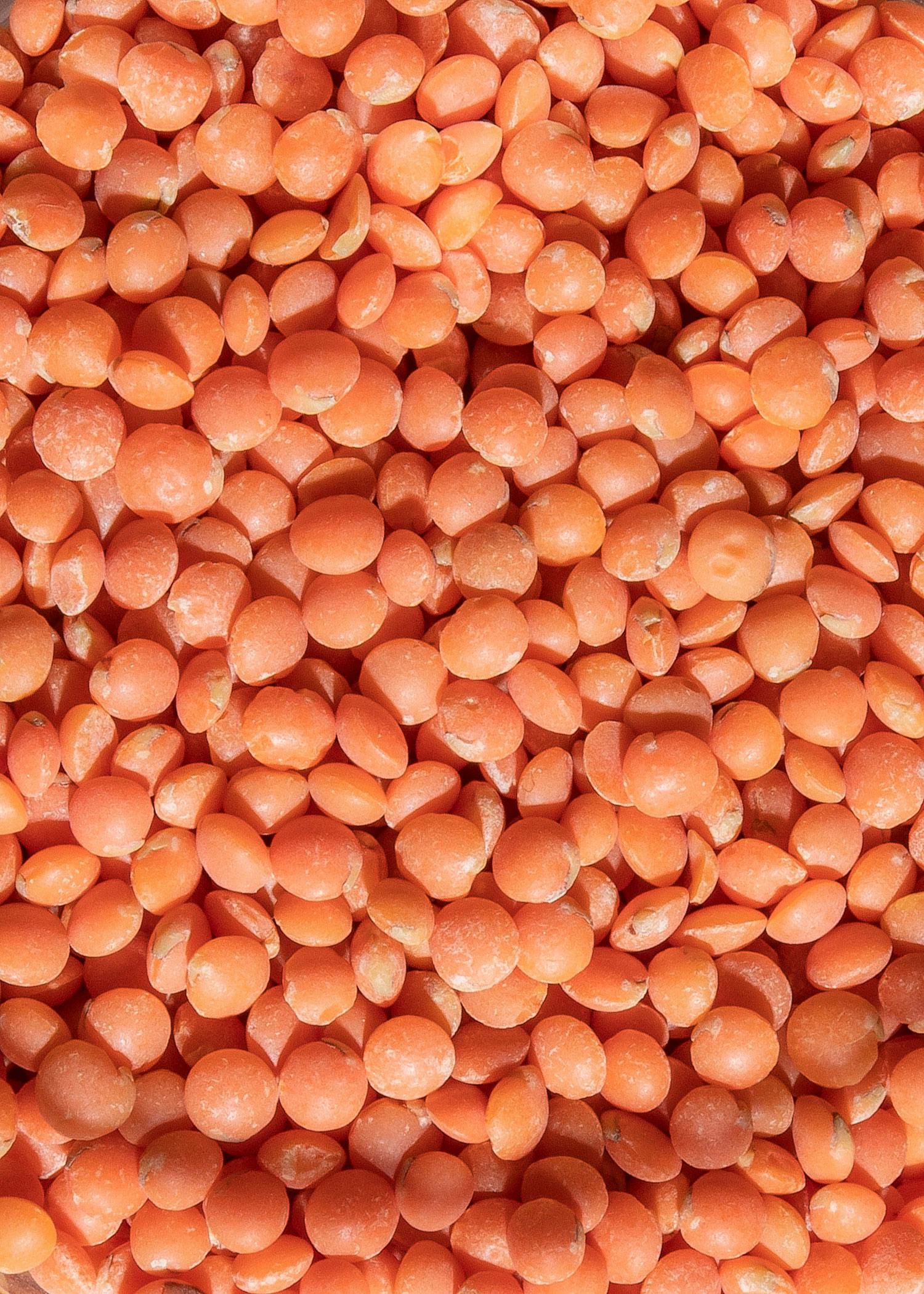The second interview is with our CEO Piran:
How are you involved in the sourcing process?
Before the sourcing process, we first decide which product we want to source. We look at various data, e.g. how well certain products have already sold, what trends there are or whether we can implement customer feedback. In the sourcing process itself, I mainly pass on supplier contacts as I have been working in the field for a long time. In the end, the products developed by the team end up on my desk and I get to try them. If we like them and see the potential, I release them, they go through an internal process and finally end up in the store.
Do you test every one of our products that ends up in the store?
Almost every one, yes. If it's a product with little or no differentiation, such as beans or lentils, I don't cook it up to compare it with other products. But anything that is a bit more innovative and requires more product development, I try.
How much do you trust your own taste when arguing for new products?
I would say that I have a good sense that I can rely on. As I've been responsible for most of the products in my eight years at KoRo, I have a feel for which products work and which don't. But I don't base my decisions on my own taste. However, my decisions are not only based on my taste, but also on history and data points. I therefore think there is a high probability that I make good decisions. Nevertheless, my taste must not be a bottleneck in this process. That's why we're trying to establish more and more data and processes that make this decision less dependent on me.
How can we visualize this?
You can objectify taste more than you think. People often say that taste is extremely subjective. Sure, if you're asked the question "Do you prefer apples or pears?", that's a subjective decision. But if you try three different apples, hardly anyone will say: "I really like the floury one!". If a category is defined precisely enough, it is easier to objectify taste. For example, when we create a vegan protein bar with a peanut filling, we try to test all similar competing products that already exist against ours. We then hope that our developed product will win a clear majority of votes at the internal tasting. If that is the case, we know we have done a good job.
Which product are you particularly proud of and why?
I am particularly proud of our pistachio butter because it was discovered quite by chance at a food fair. I was actually about to leave and saw a small Italian stand that specialized in pistachios. I have a great love of pistachios myself and thought: "Let's see what's there." So I went there and was shown everything my pistachio heart desired. Back at KoRo, we then spent several rounds developing a pistachio puree that matched our ideas in terms of consistency, grind and sweetness. It took a while for the product to sell well enough at the start of sales. We first had to explain to the customer why they should pay twice as much for pistachio puree as for almond puree. However, pistachios are known as a more expensive nut in Germany anyway. When we saw the sales figures and the repurchase rates, we knew: There's something to it, we need to do more. So we started to develop various other products based on this product. For example, the Nut Butter Cups, the protein bars filled with pistachio butter and also the pistachio wafer in cooperation with Mario Götze.
Which KoRo product is your go-to snack and why?
I actually really like the trail mix. It sounds boring at first, but I think the combination of nuts and a little sweetness from fruit is simply delicious.









